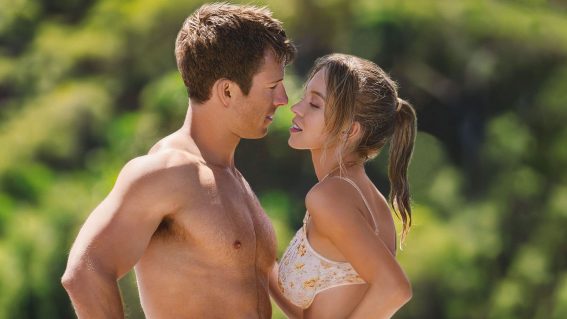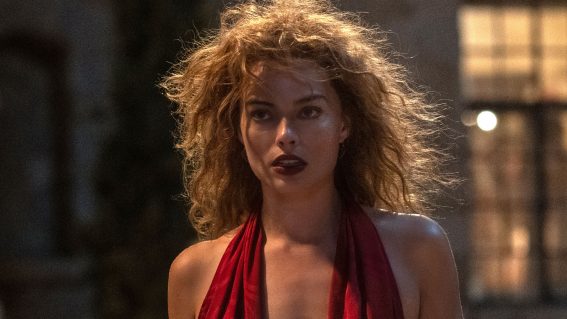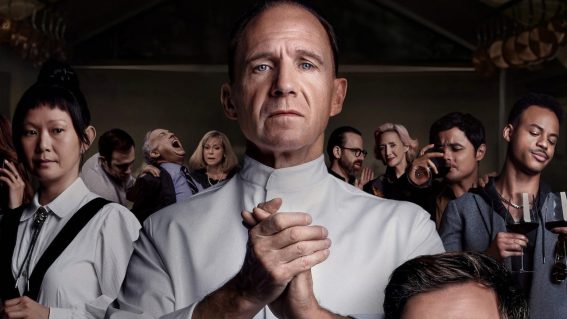Impeccably crafted Aftersun signals a blistering new cinema talent
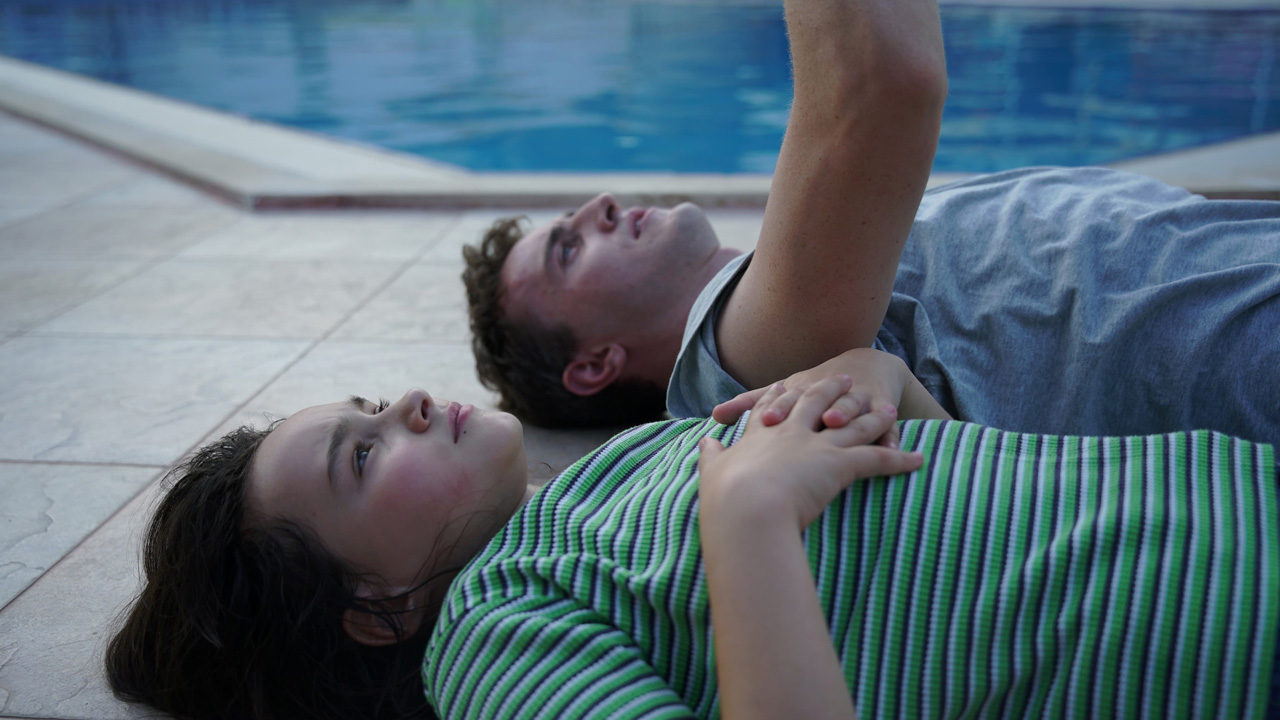
Award-winning drama Aftersun reflects the shared joy and private melancholy of a holiday a young woman took with her father 20 years earlier. As Rory Doherty praises, this feature debut signals a blistering new filmmaking talent in director Charlotte Wells.
As a kid, you spend so much of your life in the company of the same couple of grown-ups, you’d be forgiven for thinking you really know who they are. Aftersun, the feature debut from Scottish director Charlotte Wells, dramatises an act of looking back at a parent-child relationship that, although the film never explicitly confirms it, seems to be motivated by a realisation that the child never understood her father, and as an adult now wants to investigate the memories they shared together. The film has a heavy melancholic feeling to it, almost as if it’s pressing down on you throughout until it bursts in a spectacular, poetic way that signals a blistering new filmmaking talent. Aftersun feels precious; impeccably crafted, led by fragile characters, threatening to crack at any moment, but who value resilience above all.
It’s the 1990s, and young father Calum (Paul Mescal) and eleven-year-old daughter Sophie (Frankie Corio) are on a holiday resort in Turkey, filled with grating holiday reps with bright polo shirts, surrounded on all sides with British holidaymakers. This pair are the only characters who come into full focus, the others merely entering the periphery of their lives, fitting for a film that tries to mimic the sensation of remembering. When you hyperfocus on another person, or yourself at a young age, everything else as a result is relegated to the background. Mescal graduates from Normal People to give an equally naturalistic and compelling performance, once again proving his ability to telegraph the neuroses and anxieties of young men.
Corio, in her screen debut, is a bright presence, as charismatic as her co-lead and filled with the peppy, stroppy energy that makes all eleven-year-olds buzz. Her obsession with ’90s video cameras is more than a nod to the trajectory Wells’ personal story will ultimately lead, it’s an integral part to Aftersun’s treatment of trying to record memory, not to mention how we perform—feeling either enthused or uncomfortable—when a camera is trained on us. Gregory Oke’s gorgeous cinematography lingers on reflections in glass, underlining the refracted, skewed perspective we’re looking in at this story with. One particularly masterful moment has a camera feed shown on a television, before the feed is cut and we watch the rest of the scene on the television screen’s reflection.
Oke’s camera doesn’t just shine in the slightly showier framing; all the colours of the relatively mundane resort setting shine with the nostalgia every memory is tinged with. That’s not to say the resort feels warm or inviting; the organised fun and cringeworthy holiday reps only underline the general distance Calum and Sophie feel from others, and at times, each other. To spend the whole film feeling at a remove from every other person can bind your soul to someone close, or it can force you deeper within yourself—it’s this binary the characters of Aftersun find themselves in. When Scot Calum mentions how uncomfortable he found even living in Edinburgh, the isolation that clouds him becomes a little clearer.
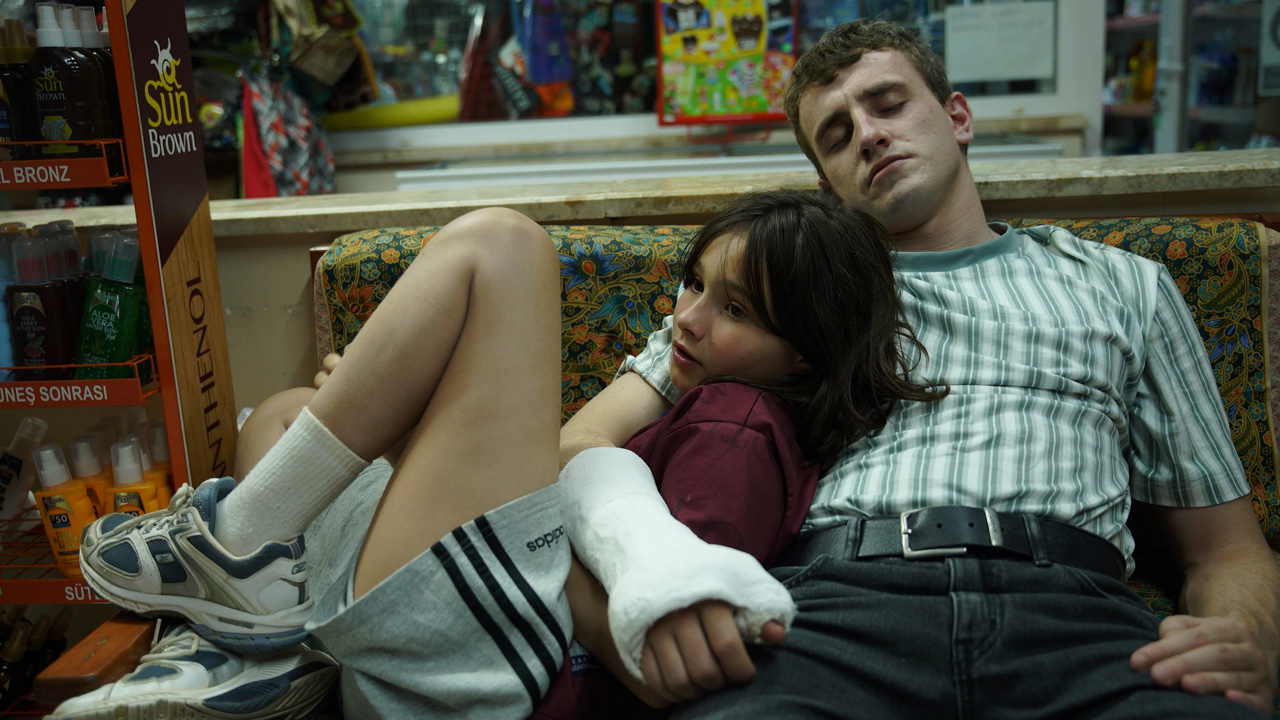
What happens plotwise in Aftersun isn’t awfully remarkable, what sticks with you are the feelings the story provokes. The parent-child dynamic feels rich thanks to fine, authentic detailing: a tradition karaoking “Losing My Religion”, cheekily asking your dad about your mum, fun facts you use to school your parents on—it all adds up. When the relatable holiday sleepiness morphs late in the film into an stylistically explosive, emotionally transcendent closing sequence to Bowie and Queen’s “Under Pressure”, everything bottled up and unexplained comes rushing out. It’s a remarkable way to end the film, one that feels indebted to producer Barry Jenkins’ coming-of-age lyricism in Moonlight (Jenkins is a producer on Aftersun), but calls even further back to Andrei Tarkovsky’s autobiographical Mirror, where attempts are made to make sense of the past and self through all the cinematic and editing tools available.
It can be difficult sometimes parsing whether moments between Calum and Sophie, like their rituals of applying sunscreen and aftersun oil, are loaded with a specific symbolic meaning or just gently immersing us into the rhythm of their time together. But while intent and meaning can remain vague, the film always manages to convey the gentle mood that smothers the difficult feelings coursing beneath. If you struggle with the relaxed pacing, it’s unlikely Aftersun will offer you nothing, even if it’s the slightest reflection on how uncomfortable navigating a relationship with your parents through childhood memories can be. Like his breakout role in Normal People, Mescal once again inhabits a role that doesn’t just feel real, it reflects a type of person we remember from our own lives. Were you aware how your parents felt back then, Wells’ film asks, do you remember them being vulnerable? What would they think about being seen that way?





